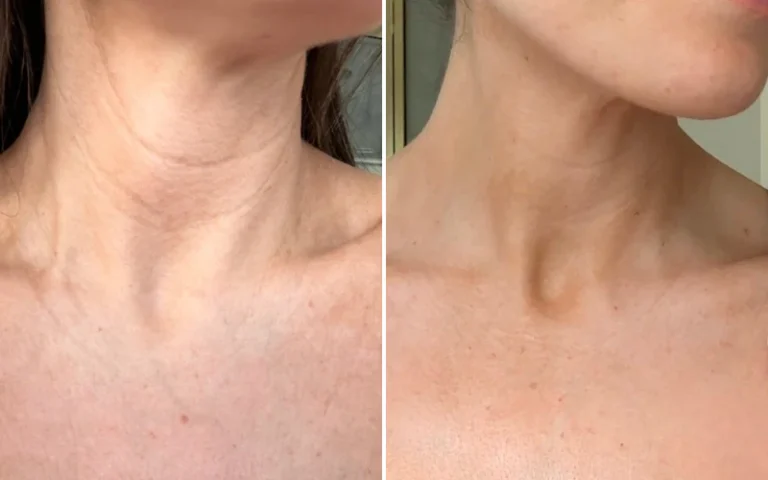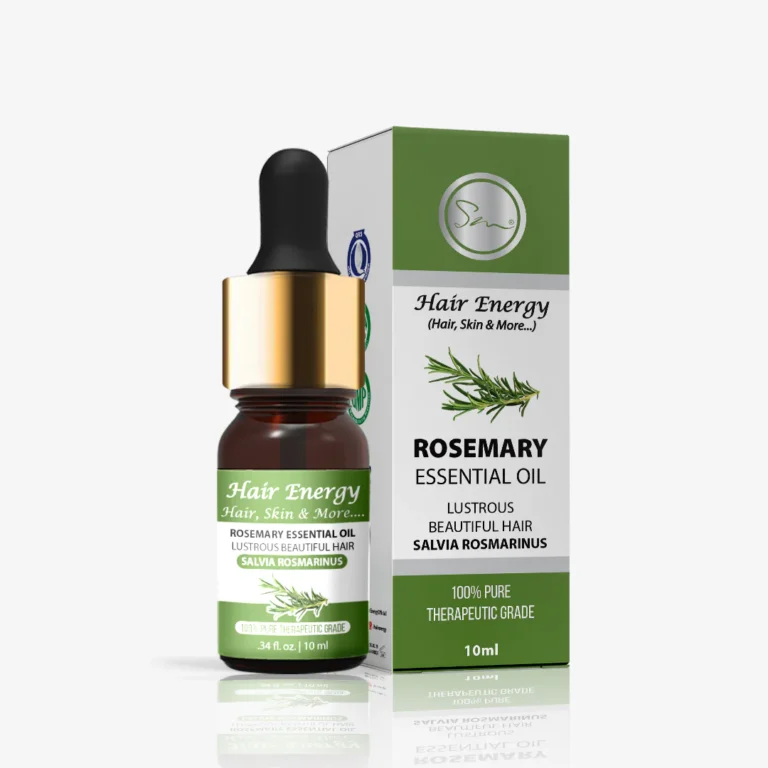Tooth Sensitive Toothpaste: Complete Guide to Relief, Protection, and Science
Tooth sensitivity is one of the most common dental issues affecting millions of adults worldwide. The discomfort, often described as a sudden sharp pain triggered by hot, cold, sweet, or acidic foods, is linked to exposed dentin and open tubules. Tooth sensitive toothpaste is a specialized formulation developed to address this problem, providing relief, enamel protection, and long-term oral health benefits.
This guide explores every aspect of sensitive toothpaste from ingredients and mechanisms to usage tips, brand comparisons, and scientific evidence.
What Is Tooth Sensitive Toothpaste?
Tooth sensitive toothpaste is a dental care product designed to reduce dentin hypersensitivity. Unlike standard pastes, it includes active desensitizing agents that block nerve transmission, seal dentinal tubules, or strengthen enamel. Clinical dental organizations such as the American Dental Association (ADA) and the European Federation of Periodontology (EFP) recognize these formulations as a first-line treatment for sensitivity management.
Why Do Teeth Become Sensitive?
To understand how desensitizing toothpaste works, we must first know the causes of sensitivity:
-
Gingival recession exposes root dentin.
-
Enamel erosion occurs from acidic beverages.
-
Tooth wear results from bruxism or hard brushing.
-
Caries lesions open dentinal tubules.
-
Dental procedures such as scaling expose root surfaces.
-
Whitening treatments increase temporary sensitivity.
When dentin is exposed, external stimuli travel through tubules, activating pulp nerves and causing sharp pain.
How Does Sensitive Toothpaste Work?
Sensitive toothpaste operates through scientifically validated mechanisms:
-
Nerve desensitization – Potassium salts reduce excitability of nerves.
-
Tubule occlusion – Strontium, stannous fluoride, and bioactive glass block open tubules.
-
Remineralization – Fluoride and hydroxyapatite strengthen weakened enamel.
-
Protective layering – Arginine and calcium carbonate create a mineral-rich shield.
These mechanisms ensure both immediate and long-term protection.
Active Ingredients in Tooth Sensitive Toothpaste
| Ingredient | Function | Clinical Benefit | Example Brands |
|---|---|---|---|
| Potassium Nitrate | Desensitizes nerves | Reduces sharp pain | Sensodyne, Crest |
| Stannous Fluoride | Occludes tubules & strengthens enamel | Dual protection | Colgate, Oral-B |
| Strontium Acetate | Blocks dentinal tubules | Quick pain relief | Elmex, Sensodyne |
| Arginine + Calcium Carbonate | Mineral deposition | Immediate protection | Colgate Pro-Relief |
| Bioactive Glass (NovaMin) | Releases calcium & phosphate | Long-lasting relief | Sensodyne Repair |
| Hydroxyapatite Nanoparticles | Rebuilds enamel | Restores tooth surface | Biorepair |
Best Tooth Sensitive Toothpaste Brands (Global Market Leaders)
1. Sensodyne
Known globally as the leading sensitive toothpaste brand. Offers potassium nitrate, stannous fluoride, and NovaMin-based products.
2. Colgate Sensitive Pro-Relief
Uses Pro-Argin technology. Provides immediate relief with arginine-calcium complex.
3. Crest Gum & Sensitivity
Designed for patients with gum issues. Combines stannous fluoride with gum protection.
4. Elmex Sensitive
European brand with amine fluoride and potassium salts. Highly recommended by dentists.
5. Biorepair
Italian brand using hydroxyapatite particles for enamel regeneration.
6. Paradontax Sensitive
Targets sensitivity with stannous fluoride and herbal extracts. Also supports gum health.
How to Use Tooth Sensitive Toothpaste Effectively
To maximize results:
-
Use twice daily instead of regular toothpaste.
-
Apply directly on sensitive areas for faster relief.
-
Avoid rinsing immediately after brushing.
-
Pair with a soft-bristle toothbrush.
-
Limit acidic foods and hard scrubbing.
Who Should Use Sensitive Toothpaste?
Sensitive toothpaste is recommended for:
-
Adults with dentin hypersensitivity.
-
People with gum recession or exposed roots.
-
Patients after scaling, whitening, or restorative procedures.
-
Individuals with enamel erosion.
Children under 12 should use pediatric formulations under dental supervision.
Tooth Sensitive Toothpaste vs Professional Treatments
| Method | Duration | Cost | Effectiveness |
|---|---|---|---|
| Sensitive Toothpaste | Daily use | Low | Good for long-term management |
| Fluoride Varnish | 3–6 months | Medium | Strong mineralization |
| Laser Treatment | Permanent sealing | High | Immediate and durable |
| Bonding Agents | Several years | High | Covers exposed dentin |
Toothpaste remains the most affordable and accessible first-line option.
Common Myths About Tooth Sensitive Toothpaste
-
Myth 1: Whitening toothpaste reduces sensitivity.
-
Truth: Whitening agents often increase sensitivity.
-
-
Myth 2: Desensitizing toothpaste cures sensitivity permanently.
-
Truth: It manages symptoms but does not treat underlying causes.
-
-
Myth 3: Herbal toothpaste is always effective.
-
Truth: Only clinically proven agents like potassium nitrate and fluoride are evidence-based.
-
Future Innovations in Sensitive Toothpaste
Research is focusing on:
-
Nanotechnology for deeper tubule sealing.
-
Peptide-based biomaterials that stimulate natural remineralization.
-
Smart biomaterials that activate during acidic attacks.
-
Herbal-biotech blends for holistic but science-backed relief.
FAQs on Tooth Sensitive Toothpaste
Q1. Can sensitive toothpaste be used daily?
Yes, it is designed for regular use as a replacement for normal toothpaste.
Q2. How long does it take to work?
Relief may start after a few uses, but consistent use for 2–4 weeks shows significant improvement.
Q3. Can children use sensitive toothpaste?
Not recommended for children under 12 unless advised by a dentist.
Q4. Does sensitive toothpaste whiten teeth?
No, most sensitive pastes focus on pain relief. Some variants include gentle whitening agents.
Q5. Can it prevent cavities as well?
Yes, fluoride-containing sensitive toothpaste provides both desensitization and cavity protection.
Q6. Are there side effects?
Most are safe, but stannous fluoride may cause temporary surface staining.
Q7. Which toothpaste works fastest?
Products with arginine-calcium (Colgate Pro-Relief) and stannous fluoride (Sensodyne Rapid Relief) often provide instant relief.
Learn More: Rosemary Oil Suppliers: Global Leaders, Trade Insights, and Market Outlook
Conclusion
Tooth sensitive toothpaste is an evidence-based solution for dentin hypersensitivity. Backed by dental associations and clinical studies, it provides accessible, affordable, and effective relief. With active ingredients such as potassium nitrate, stannous fluoride, arginine-calcium complexes, and bioactive glass, these formulations address the root causes of sensitivity. Consistent use, combined with good oral hygiene, ensures long-term protection and comfort.




